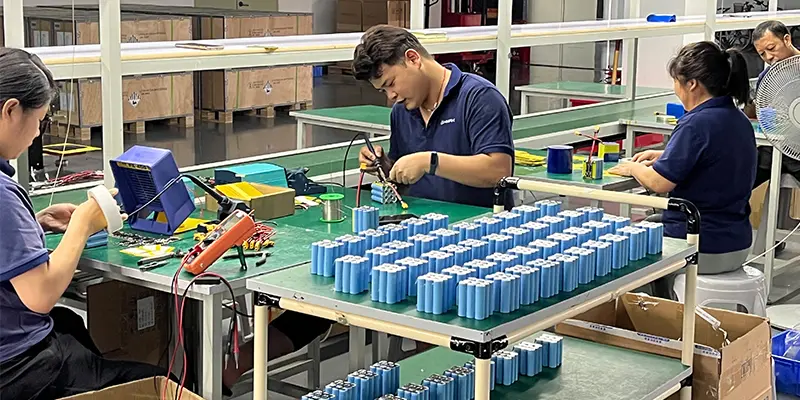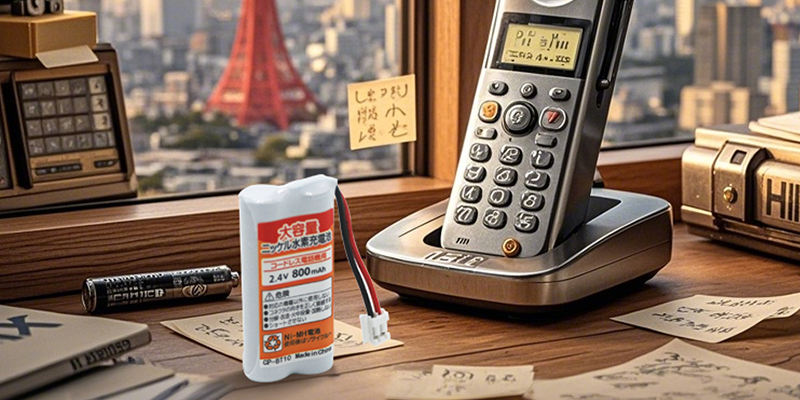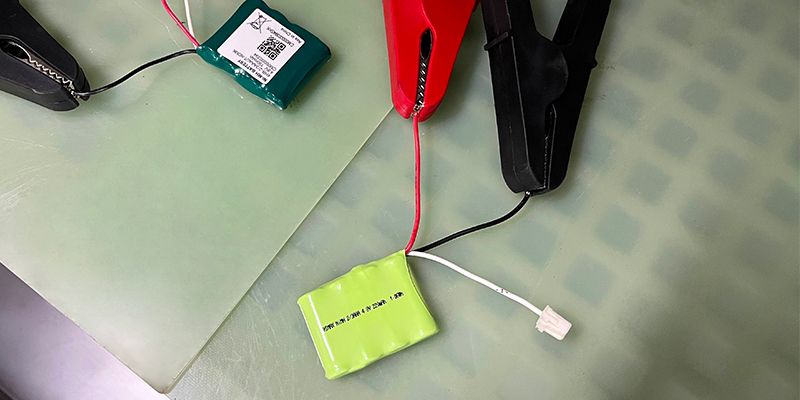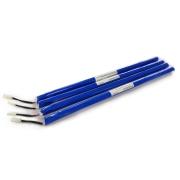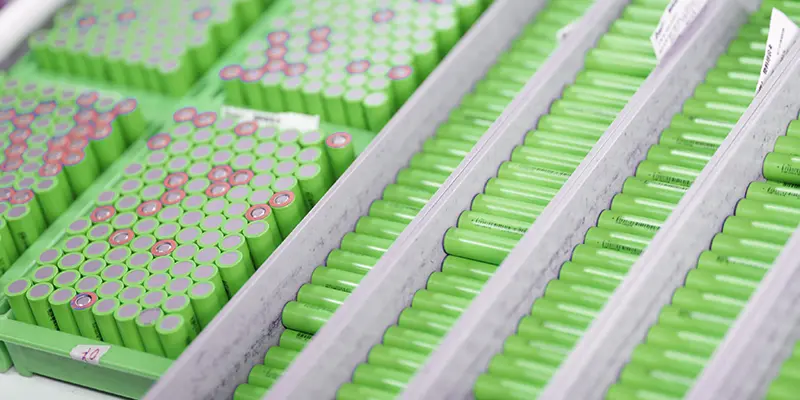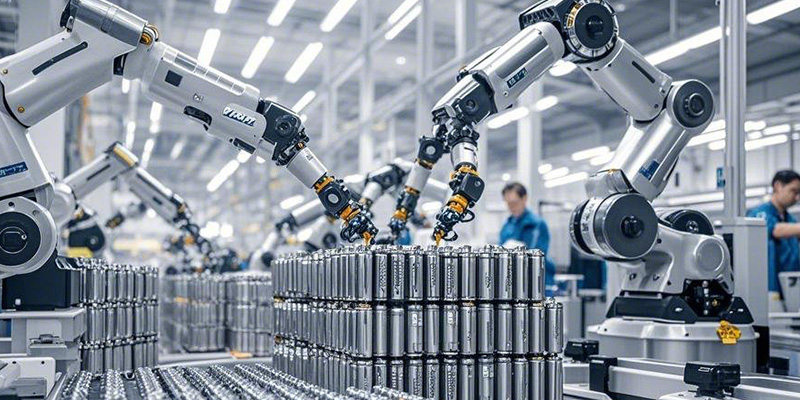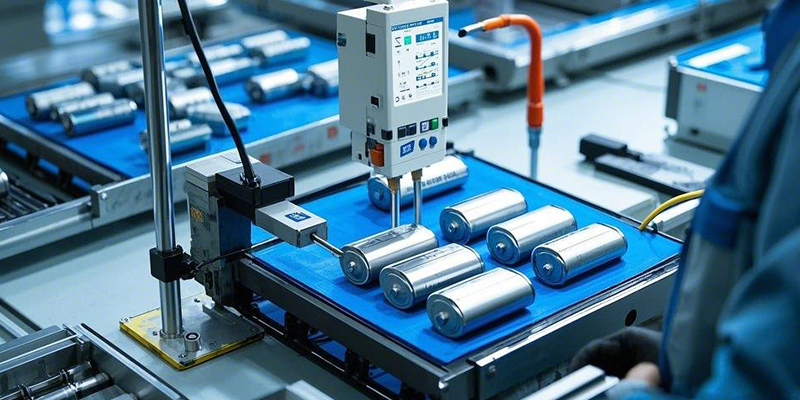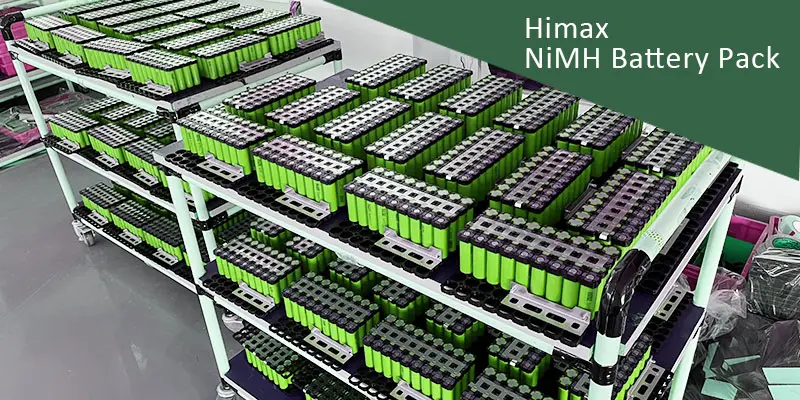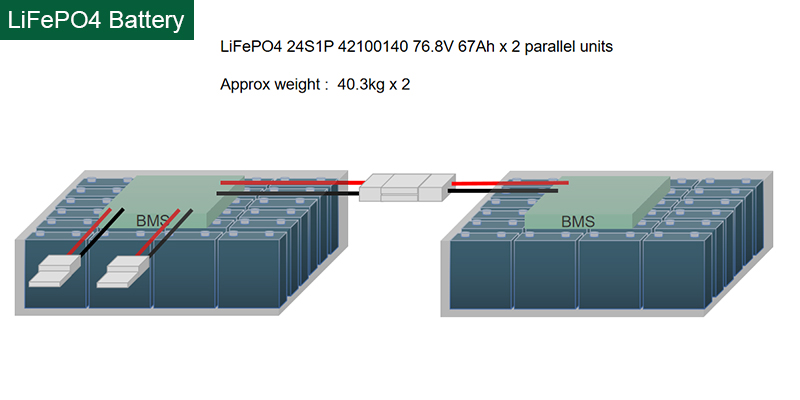NiMH vs. Lithium-Ion Key Considerations for Bulk Buyers
NiMH vs. Lithium-Ion: Key Considerations for Bulk Buyers
In industrial applications, choosing the right battery type is a critical decision that can significantly impact performance, reliability, and cost-efficiency. Among the most common options, nickel-metal hydride (NiMH) and lithium-ion (Li-ion) batteries stand out for their unique advantages. But how do you decide which one is the best fit for your industrial needs? In this blog, we’ll explore the key considerations for bulk buyers, comparing NiMH and lithium-ion batteries to help you make an informed decision.
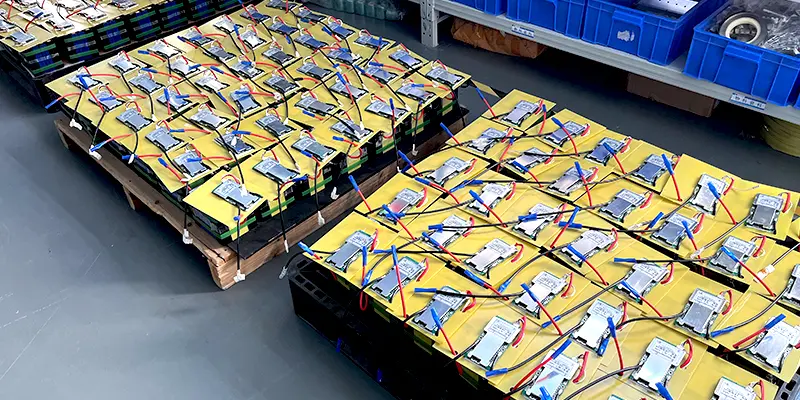
Understanding NiMH and Lithium-Ion Batteries
What is NiMH? NiMH (nickel-metal hydride) batteries feature a nickel oxide hydroxide cathode and a hydrogen-absorbing alloy anode. Known for their safety and environmental benefits, NiMH batteries are a popular choice for moderate energy-demanding applications.
What is Lithium-Ion? Lithium-ion batteries use lithium ions moving between the anode and cathode to store and release energy. They’re renowned for their high energy density and lightweight design, making them a go-to option for high-performance applications.
Quick Comparison:
|
Feature
|
NiMH Batteries
|
Lithium-Ion Batteries
|
|
Energy Density
|
Moderate
|
High
|
|
Weight
|
Heavier
|
Lightweight
|
|
Cycle Life
|
Moderate
|
Long
|
|
Cost
|
Lower upfront cost
|
Higher upfront cost
|
|
Environmental Impact
|
More eco-friendly
|
Less eco-friendly
|
Key Considerations for Bulk Buyers
-
Specific Industrial Application Needs.
-
High Energy Demand Applications: If your equipment requires a high energy output (e.g., robotics or automation), lithium-ion batteries may be the better choice due to their superior energy density.
-
Low Energy Demand Applications: For applications like communication devices or backup systems, NiMH-batteries can provide a more cost-effective solution.
-
Cost and Budget
-
NiMH: Offers lower initial costs, making them ideal for projects with tight budgets.
-
Lithium-Ion: Higher upfront cost but may offer long-term savings due to extended cycle life and higher efficiency.
-
Environmental and Operating Conditions
-
Temperature Tolerance: NiMH batteries perform better in extreme temperatures, making them suitable for outdoor or variable environments.
-
Durability: Both battery types can be designed to withstand industrial vibrations and shocks, but specific applications may dictate preferences.
-
Cycle Life and Maintenance
-
Lithium-ion batteries generally last longer and require less frequent replacement compared to NiMH batteries.
-
NiMH batteries may require more maintenance, especially in high-drain scenarios.
-
-
Supply Chain and Availability: Bulk buyers should ensure the chosen battery type is readily available and supported by a reliable supply chain. Himax, for instance, offers both NiMH and lithium-ion batteries with consistent delivery and after-sales support.
Advantages and Disadvantages: NiMH vs. Lithium-Ion
NiMH Batteries:
· Advantages: Safe, cost-effective, environmentally friendly, and robust in extreme conditions.
· Disadvantages: Lower energy density and heavier than lithium-ion batteries.
Lithium-Ion Batteries:
· Advantages: Lightweight, high energy density, longer cycle life, and efficient performance.
· Disadvantages: Higher initial cost, sensitive to temperature extremes, and requires more sophisticated management systems.
Recommendations for Bulk Buyers in Industrial Applications
When to Choose NiMH Batteries:
· Tight budget constraints.
· Moderate energy requirements.
· Applications in extreme temperatures or environmentally conscious projects.
When to Choose Lithium-Ion Batteries:
· High energy and performance demands.
· Applications sensitive to weight, such as portable devices or robotics.
· Long-term use where extended cycle life offsets the higher initial cost.
Bulk Procurement Tips:
· Partner with manufacturers offering customization options, like Himax, to meet specific application needs.
· Request free samples to test performance before large-scale orders.
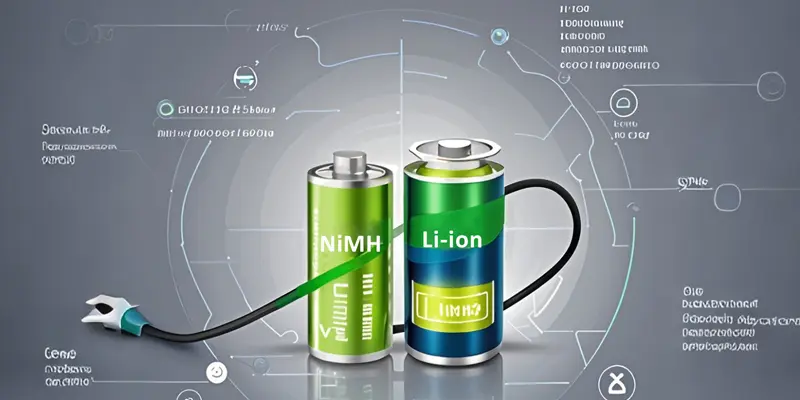
Why Himax is Your Trusted Battery Supplier
Himax brings 18+ years of expertise in battery manufacturing and industrial solutions. Here’s why bulk buyers trust us:
· Experience: Proven track record in designing batteries for industrial applications.
· Customization: Tailored solutions for both NiMH and lithium-ion battery packs.
· Free Samples and Quality Assurance: Evaluate our products risk-free.
· Global Reach: Reliable supply chain across Europe, the U.S., and beyond.
· After-Sales Support: Comprehensive support to ensure long-term satisfaction.
Conclusion
Choosing between NiMH and lithium-ion batteries comes down to understanding your industrial needs, budget, and operational conditions. NiMH batteries shine in cost-sensitive or extreme temperature scenarios, while lithium-ion batteries excel in high-performance, long-term applications. If you’re a bulk buyer looking for reliable, customized battery solutions, Himax is here to help. Contact us today to explore your options or request a free sample.

